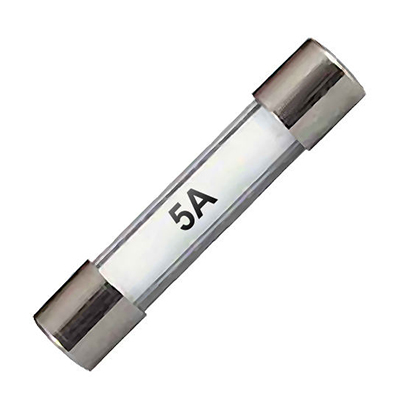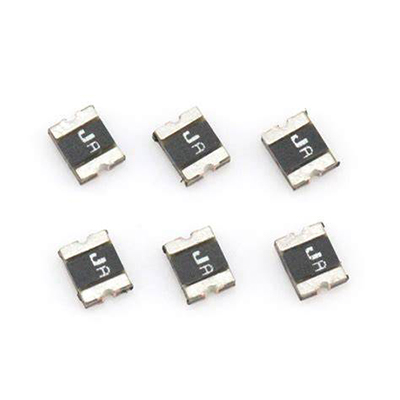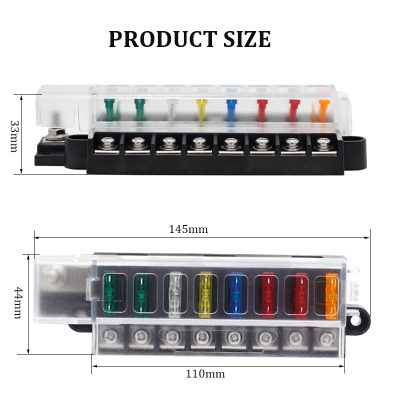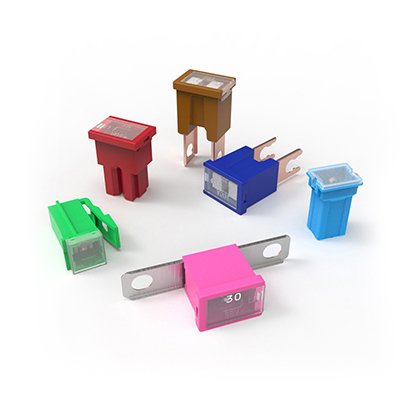Automotive Glass Fuse for Boat Electrical Systems
News 2025-10-27
Automotive glass fuses are critical components in electrical protection, originally designed for vehicles but highly adaptable to marine environments. These fuses feature a glass tube with a metal filament that melts under excessive current, safely interrupting the circuit. In boat electrical systems, they provide essential safeguarding against overloads and short circuits, which is vital in the challenging conditions of saltwater exposure, vibrations, and humidity. Their compact design and ease of inspection make them a practical choice for boat owners and marine electricians seeking reliable circuit protection.

Application Scenarios
In marine settings, automotive glass fuses protect various systems including navigation lights, bilge pumps, and stereo equipment. They integrate seamlessly into DC power distributions typical of boats, offering protection in fuse panels or inline setups. For example, in a yacht’s wiring, these fuses safeguard critical circuits from faults caused by water ingress or mechanical stress, ensuring operational safety during voyages. Their standard sizes facilitate use in both new installations and retrofits, making them versatile for recreational and commercial vessels alike.
Performance Advantages
Glass fuses excel in marine applications due to their durability and quick response to overcurrent. The glass body resists corrosion better than some alternatives, maintaining integrity in humid, salty conditions. They provide fast-acting protection that minimizes damage to sensitive electronics, such as GPS units or communication systems. Additionally, their transparent design allows for easy visual confirmation of a blown fuse, speeding up diagnostics and repairs. With standardized ratings and low cost, they offer an efficient balance of performance and economy for boat electrical needs.
Frequently Asked Questions
1. What is an automotive glass fuse?
An automotive glass fuse is a safety device with a glass tube and metal wire that melts to break the circuit during overcurrent events, protecting wiring and components.
2. Why use them in boat electrical systems?
They are ideal for boats due to corrosion resistance, fast failure response, and ease of replacement in harsh marine environments.
3. How to select the correct fuse rating?
Choose a rating 10-20% above the circuit’s normal current to prevent unnecessary tripping while ensuring adequate protection against faults.


